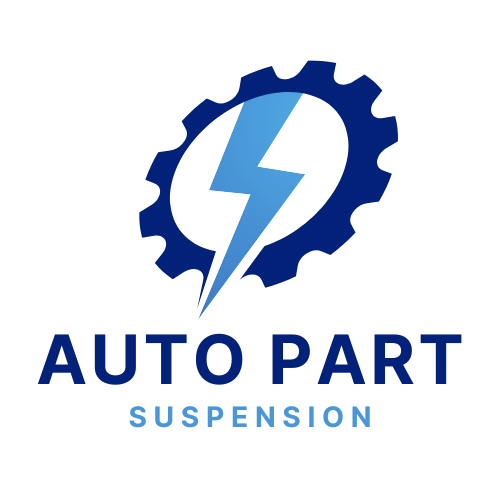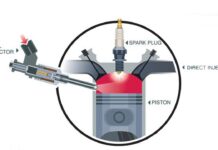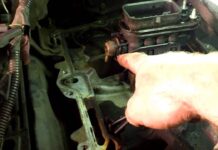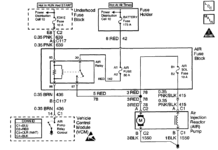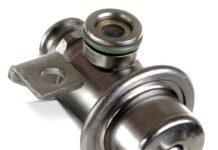Is it possible to see metal shavings in the engine oil? Why do metal burrs appear in engine oil? What happens if the oil filter does not catch metal parts. What do you do if you see metal chips in your engine oil. What does metal chips in transmission oil refer to?
An attentive driver may notice an unusual sight and not miss it. Shiny metal particles can be easily detected in engine oil by drivers who pay attention to their cars. Although many drivers don’t know the cause of this anomaly, they are keen to find out.
Although engine oils can contain microscopic metal particles in small amounts, they should not be seen with the naked eyes. This exception is only when metal parts stick on the magnetic drain plug or other filters. Even in these cases, it is important to collect very small amounts.
It is not a good idea to have metal swarf in your engine oil. “normal” . This anomaly is more likely to indicate that something is wrong with the engine’s internal components or moving parts.
Sometimes, an exception is possible if the threads of an oil drain plug are removed during an oil change. Even if the drain plug is removed and replaced, small amounts of metal shavings may still be visible in the oil pan.
What is the cause of metal chips in engine oils?
The engine’s rapid wear indicates that there is a lot of metal swarf. Worn metal particles build up in the engine oil. They are removed during routine maintenance.
If the engine bearings become worn quickly, it can cause irreversible engine damage. This wear is permanent and continues to increase over time. The engine oil will develop severe metal burrs at every oil change.
How serious is this problem?
The problem with accelerated bearing wear lies in the fact that it is a never-ending cycle. The tolerances set by the manufacturer for engine main bearings, pistons and cylinder walls as well as camshaft bearings decrease with time. These tolerances are crucial to ensure proper engine operation as they affect the engine’s ability maintain the correct oil pressure value.
Bearings that fail to maintain oil pressure can cause engine oil leaking into the combustion chamber. This causes both oil pressure and engine oil to decrease and to rise. Essential components of an engine become oil-free due to the drop in oil pressure. In a very short time, things get more complicated and can cause severe engine damage.
Engine operation may sometimes make clicking or knocking sounds in extreme cases. This is generally an indicator of bearing failure and inadequate lubrication.
Can the Oil Filter catch Metal Fragments?
The oil filter can remove most of the metallic shavings from the engine oil. Some particles may be too small to reach the oil filter. These microscopic particles can pass through bearings and act as an abrasive. Bearing wear can accelerate if the filter and engine oil are not changed at recommended intervals.
You must inspect the used oil filter carefully to determine if the engine is in good health. To inspect the engine’s health, the mechanic should remove the tin portion of the oil filter. This will expose the inner paper component. By carefully inspecting the metal particles and chips, you can find out about the overall health of your engine.
What should you do if metal chips are found in engine oil?
Metal particles found in engine oil are a sign of serious concern. Further diagnosis is required in any case.
To inspect the bearing surfaces and for signs of wear, it is necessary to remove the bearing caps and oil pan. You should be concerned if the surface has signs of wear or is showing signs of scrapes.
Unfortunately, those who are faced with such an issue have limited options. Most cases require complete disassembly of the engine and overhaul. This can result in very costly repairs. Particularly if your vehicle is older and needs to be rebuilt and overhauled the costs of repairs could outweigh the vehicle’s value.
Another option is to buy an engine from a junkyard. A replacement engine can often be cheaper than buying an old one, and it will also significantly lower labor costs.
What does the metal chip in transmission fluid mean?
Transmission oil may contain some metal swarf just as engine oil. This is particularly true if the vehicle has been driven for a long time without changing its transmission fluid.
Transmission fluids can often contain metal shavings. In order to determine the extent of the problem, it is necessary to disassemble the transmission. These types of particles are captured by magnets in most transmission oil pans.
Some metal burrs can be sharp enough to stick between your fingers, but they may also be very large. These are signs of abnormal wear. This problem should be addressed by a transmission specialist.
